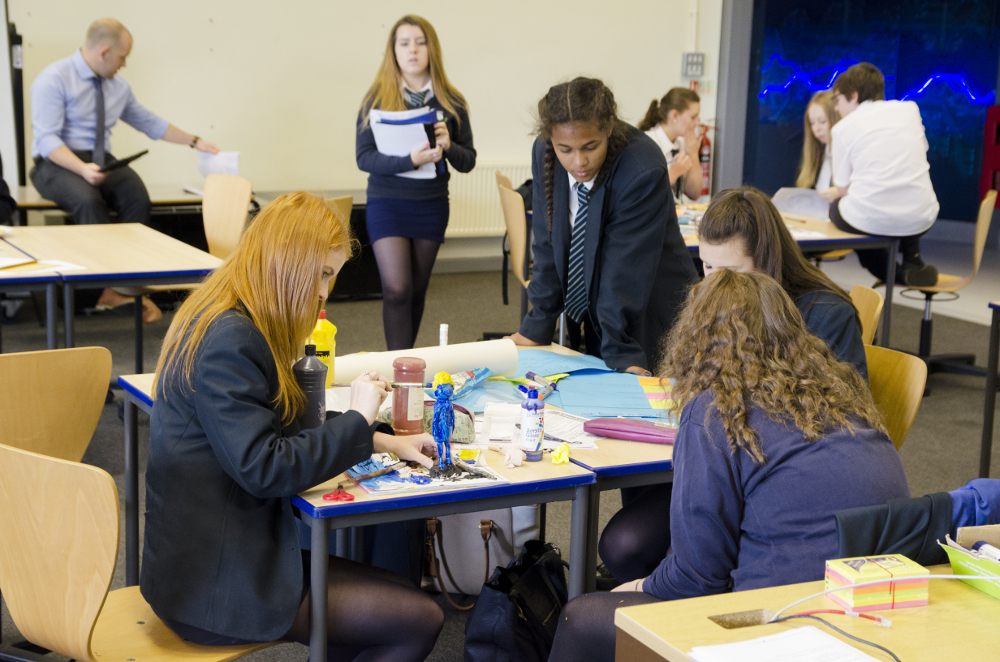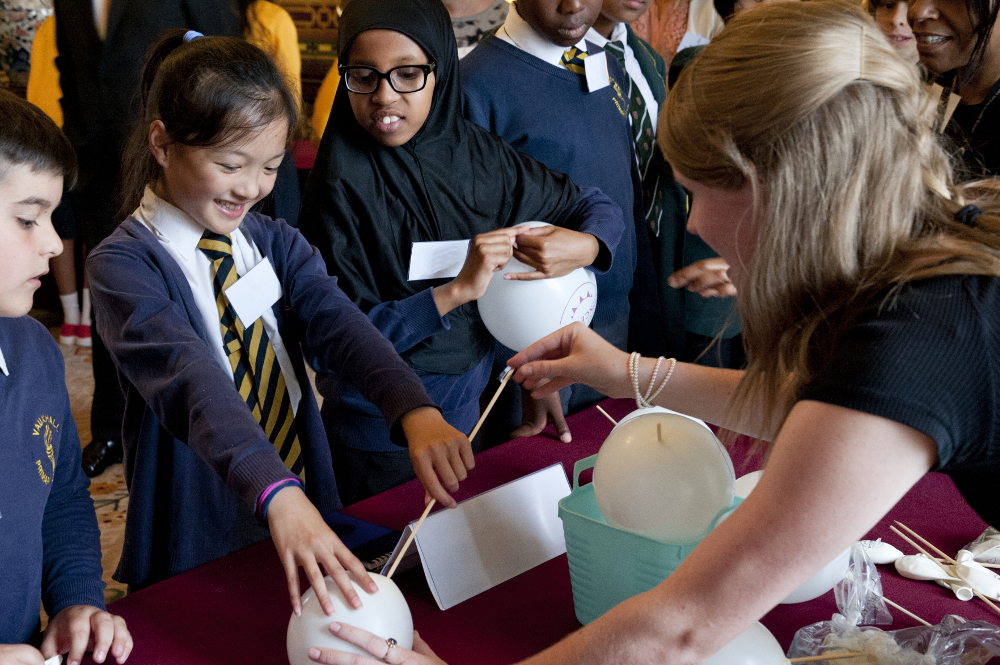Creativity involves using your imagination, generating new ideas and producing outputs which are both valuable and original
These skills are fundamental to science in the real world; they are used regularly by engineers, architects, health professionals, digital developers and researchers.
However, they not always associated with science in school. All too often it seems necessary to focus on facts and correct answers in science, especially for teachers who might feel less confident in their own subject knowledge. How can we encourage creativity in the primary science classroom?
One solution is to change the roles to teacher as facilitator and pupil as investigator. The CREST enquiry-based learning framework uses this method to support pupils to develop their creativity and gets them sharing their own ideas in the science classroom.
Each challenge begins with a real-life scenario and a problem to solve. Pupils work in groups with an activity card which helps them to think through the problem, plan an investigation and experiment to find a solution.

The organiser card provides everything the facilitator needs to set up, support and consolidate the activity. The teacher is no longer the expert with all the answers but instead uses questions to help pupils think out-loud, draw on their own experiences and make sense of their experiments.
You don’t need to be a science specialist either, CREST has been designed to enable any teacher or group leader to deliver enquiry-based learning activities using easily available materials.
If you aren’t a science specialist, it can be tempting to rely on external science presenters to bring the ‘WOW’ factor to science in school and present it in a ‘creative’ way for you.
A ‘scientist’ on stage, dressed in a lab coat and carrying out all sorts of ‘crazy’ ‘mad’ demonstrations can be fun to watch, entertaining and for many pupils it is enjoyable and memorable.
However, it is often a passive learning experience and doesn’t always encourage children to value science as something ‘for them’ or identify themselves as doing science when they experiment and create things at home and at school.

The CREST Star and SuperStar challenges put the focus back on pupils themselves. Pupil centred learning encourages creativity and independence and gives them opportunities to behave like scientists without resorting to stereotypes.
Each challenge supports pupils to use problem solving skills, make decisions, generate ideas and design their own experiments.
These short 45-minute activities are easy to embed in regular curriculum or enrichment time and give pupils enquiry-based learning experiences which can inspire their own science projects.
The CREST challenges also help address some of the barriers to this style of learning. Open ended problems can leave some pupils unsure of how to begin and some may initially lack confidence in their own ideas.
In each CREST challenge, the characters Cosmic and Gem present pupils with a variety of possible solutions to the problem. Ideas from other pupil investigators are also given.
The variety of different explanations encourages further idea sharing in group discussions and pupils are prompted to evaluate each idea before designing experiments to test them out.
Pupils can use the Star and SuperStar challenges to achieve a CREST Award which is a tangible and well-regarded recognition of success in STEM.
There are awards at higher levels too from Discovery to Gold encouraging progression in science project work into secondary school and beyond.
You can help pupils to track their own progress using a printed Passport to check off each challenge. On completion of 8 Star or SuperStar challenges you can enter them for CREST to receive a high quality printed certificate and fabric badge.
There are plenty of challenges to choose from in our resources library but as you get used to the Star and SuperStar framework, you may find yourself and your pupils applying the process to other science-based problems too or even to other subject areas.
Then you know you have curious, independent learners who can use their creative skills across the curriculum!
To sign up for a free CREST account click here. Download the Passport and choose eight challenges to get started using CREST.
Getting the most out of classroom observation
After School
SNAP – A Bestselling SEN Profiling Tool from RS Assessment from Hodder Education
Ace-Classroom-Support
Use the power of sport to raise funds for your school with Team Superschools
Ace-Physical-Education
